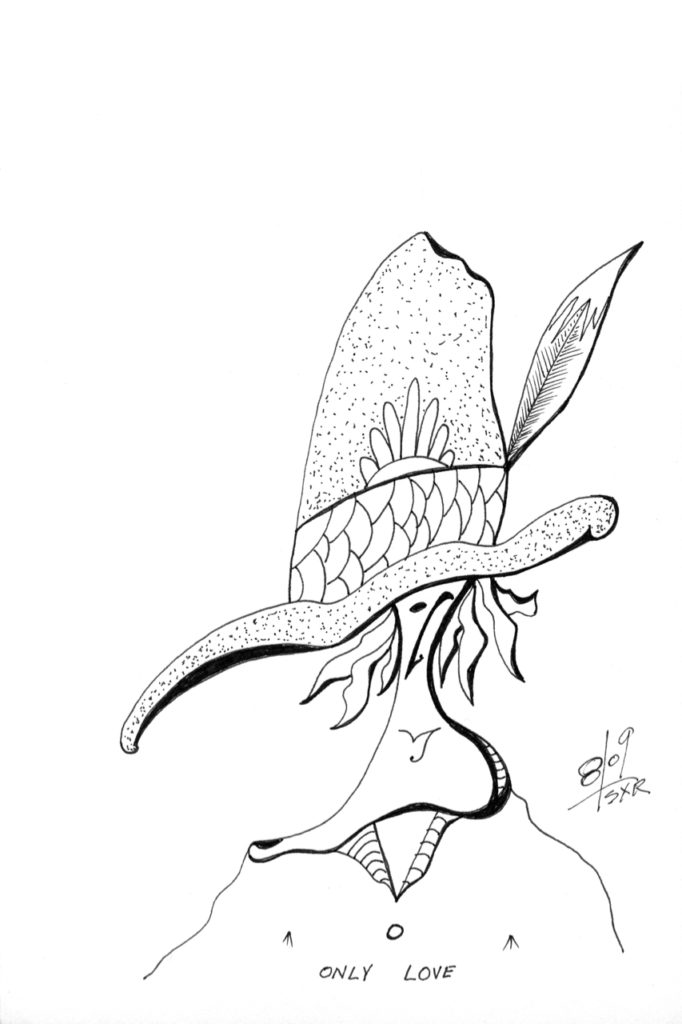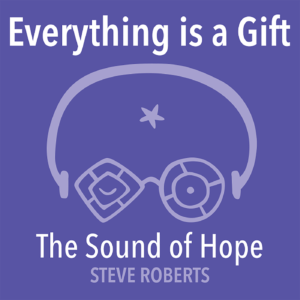I went to college at 27, the oldest freshman Amherst had ever admitted I was told. After my junior year I took a year’s sabbatical. A romantic entanglement was getting in the way of my studies. I needed time to allow the relationship to work itself out. Turns out, that romance died at the same time I met the love of my life and two children who were to become our daughters. Upon my return, a professor, learning of my year away, said, “Gee, I’m surprised. I would have thought at your age you’d want to finish up and get on with it.” That statement is one of the most important things anyone has ever said to me.
It led me to ask what was this “it” I would be getting on with––and why did I need to finish up my wonderful undergraduate experience in order to do so?
My earliest career goals, at maybe eight, were saint and cowboy. Together preferably. That professor’s comment sparked a process of realization of just how much the spirit of that aspiration has never left me. The only “it” that stirs my passion is one I can get on with in every moment, including my last breath. Creating beauty, for instance. Or loving the person in front of me. Anything else, everything else, is the playground in which that core activity takes place.
Living that awareness has been a long practice of growing my ability to manage fear, free pain, learn from my experience, gain ever-deeper attunement to what I cannot live without, and align commitments with action. They’re all part of the “it” I’m getting on with.
About as close as I’ve ever come to having a traditional career goal is being an enjoyably useful servant doing brave and lovely things––as saintly cowboys are wont to do.
Thankfully, some intriguing engagements have fallen in my lap from which a few marketable skills have emerged.
Prior to college, I created a weekly radio program for children. I was a radio talk-show host, TV sports director and weatherman, and radio news voice at one of Boston’s top stations. While in college, I hitch-hiked around the U.S. as a mute to discover how I would navigate the world without my most familiar form of expression. After college, I chose as my spiritual workshop creating communication that would delight the heart while helping an enterprise of any size and sophistication enjoy the leverage of a powerful identity.
At my 40th Amherst reunion I crossed paths with a different professor with whom I’d taken a course all those years earlier. I introduced myself and said that I remembered him fondly because he had been so kind to me at a time when I was rather unsure of myself. He thanked me and said, “What do you do now?” I said, “I help leaders keep an eye on the big picture.” He said, “How did you learn that?” Perhaps because I’d never before been asked that question, the truth, unencumbered by thought, just dropped out of my mouth, “Falling on my face and being grateful.”
A more complete response would have included the usual forms of life support so many of us can’t do without: inspiring collaborators, indelible mentors, a wise life partner, and humbling realities that demand action (“You’re gifted, Steve, but you can also be a lot of work.”).
All the while I’m still that child wanting to be a saint and cowboy: to grow my conscious oneness with spirit so that I may contribute to the development of a healthy response to any situation.
Isn’t this the “it” we’re all getting on with?





Nice Steve, Thanks!
Excellent essay Steve. That is certainly the “it” I’m trying to get on with!
Cheers,
Brad